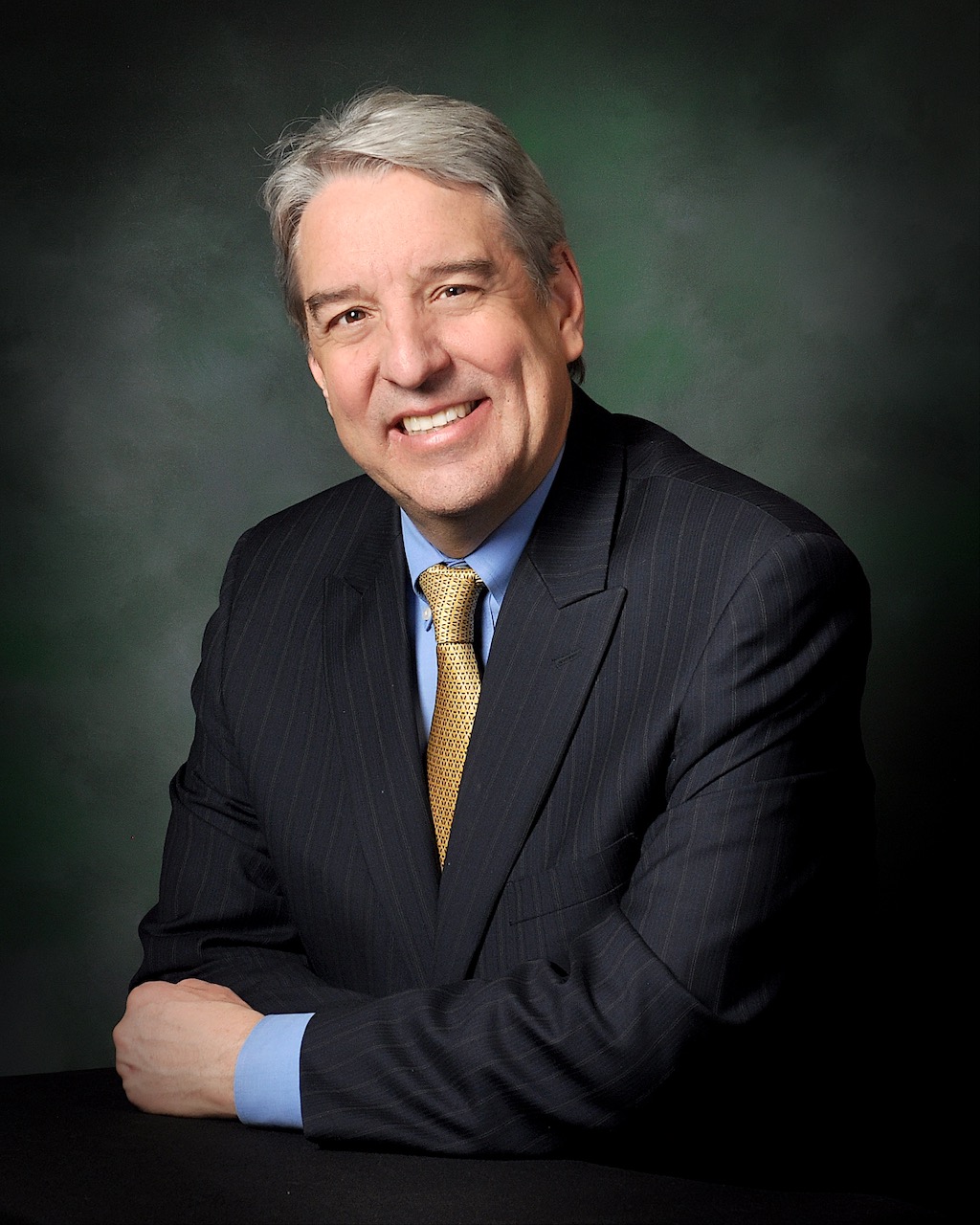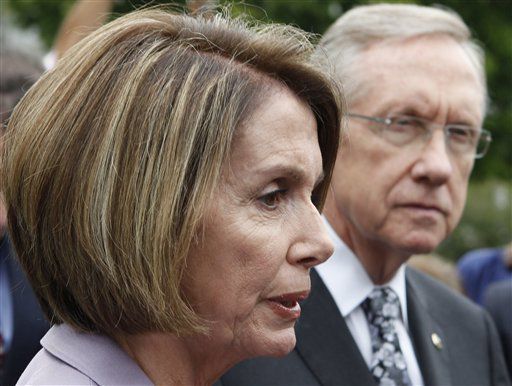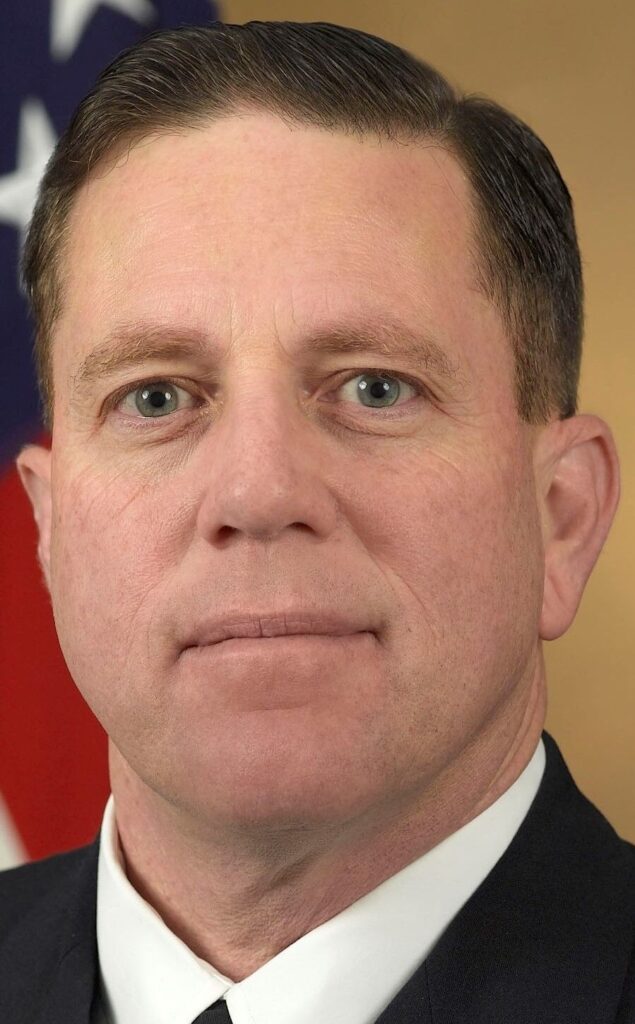PODIUM | Broken political promises, pledges


It’s an election year and we are already hearing a lot of promises from candidates seeking our vote. The fact is that very few of those promises will come to fruition. The politicians know this and many of the voters do too, but candidates still make them and we still want to believe them. This isn’t a knock on people running for office because many are sincere in making those promises and work hard to fulfill them.
At the same time, some elected officials appear to only think about their prior promises when they are campaigning for reelection. That gives one a sense of how important those promises may be to those candidates.
Election promises tend to be long on rhetoric and short on specifics. The promises tend to be general and broad with glib language and catchy phrases attached to them aimed at being sound bites for social media ads or TV commercials. Few candidates will say how they plan to accomplish their promises. In many cases campaign promises are crafted in a manner that allows them to be open to different interpretations which provides the candidate some latitude when dealing with various constituent groups. The lack of specifics and generalized language employed also allows candidates plausible deniability, where they can distance themselves from a promise or proposal, if public opinion turns negative to it. In those cases the candidate may state that they had a different understanding of the concept than the one being portrayed in the press.
We will hear many excuses on why prior promises could not be fulfilled. In many cases this sounds like the kid telling the teacher that the dog ate his homework. Generally, though, the inability to fulfill their promises is blamed on the opposing party who diabolically prevented important legislation from passing. In other cases, they reference powerful special interests who expended substantial resources to block critical measures. Rarely does the representative find fault with their efforts or that of their party. Few ever say that they could have crafted the measure better, done a better job in working with the opposing party or stakeholders in the process, or better articulated to the public the importance and value of the bill. I’ve also never seen a candidate admit that they may have overplayed their hand on a measure and in turn lost support of members of even their own party.
In certain years there are good reasons why candidates could not fulfill their promises. For example, in 2020 no one could have foreseen the COVID pandemic. It dominated politics at all levels and the attention and focus of elected officials was on keeping the public safe and helping the economy recover. This meant that other measures that may have been associated with various campaign promises were deferred.
In all fairness to elected officials, the failure to fulfill their promises isn’t all their fault. Many candidates who are new to politics aren’t aware of what is truly involved in making change happen in government and the challenges and difficulty associated with it, especially if it involves legislation. It’s not something that one can accomplish alone. It requires working with people not only from your own party but the opposing party and a number of outside groups and organizations with an interest in the issue. It involves having a good understanding of the subject matter and the ability to negotiate and consider tradeoffs.
Good elected officials find a way to get things done despite these challenges. They recognize that compromise is not a liability but a virtue in fulfilling their goals. They also realize that politics is a long game and making some progress today may provide the opportunity to fulfill the entire promise later.
As we go into the fall and you hear the promises from candidates, ask them how they plan to fulfill them. In cases where the idea has failed in the past, ask them what they will do differently to ensure success this time around. Finally, ask them their reasons for supporting or championing this cause. More than anything, this can provide you with insights on the candidate’s motivations and their real commitment to fulfilling a campaign pledge.
Greg Fulton is the president of the Colorado Motor Carriers Association, which represents over 650 companies directly involved in or affiliated with trucking in Colorado today.












